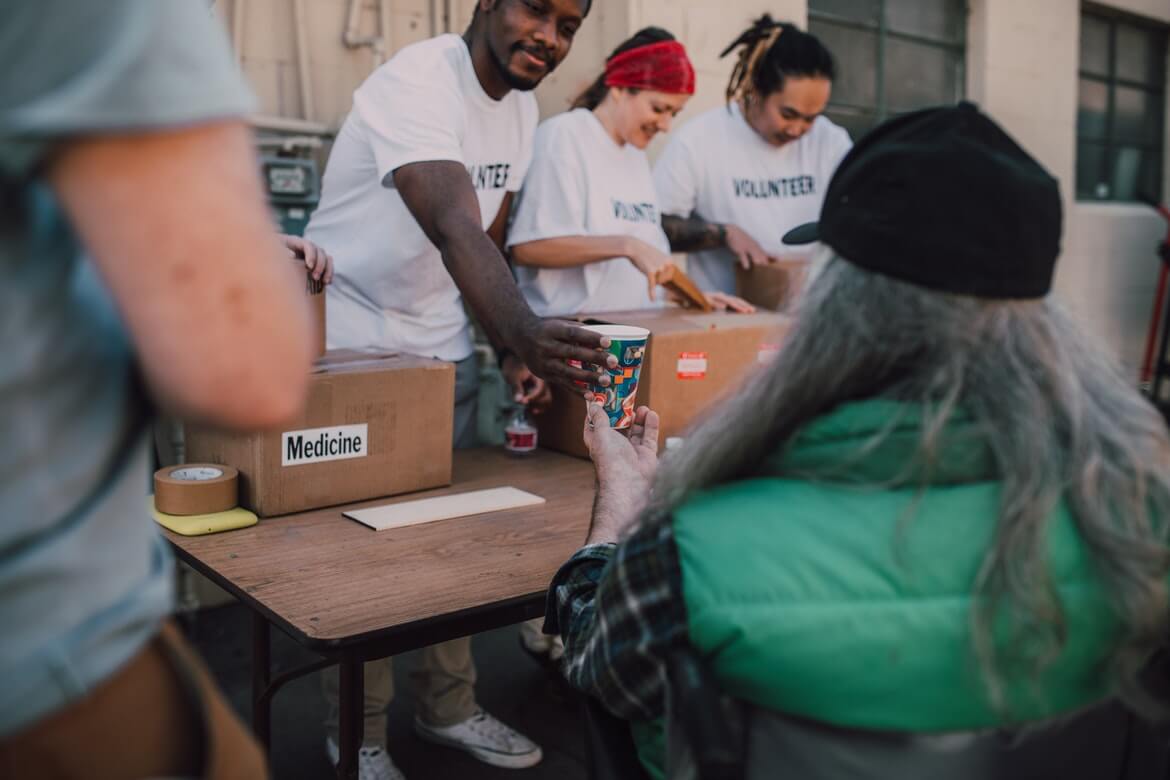Coronavirus disease (COVID-19) is an infectious disease caused by a newly discovered coronavirus (coronaviruses are a large family of viruses with some causing less-severe disease, such as the common cold). It was first detected in the city of Wuhan, China at the end of December 2019, and presently over 110 million cases have been reported across the world with 2.4 million deaths.
There are three main variants of Covid-19; the UK (Kent) strain, the South African strain and the Brazilian strain. The Kent strain is the main strain in the UK and is though by scientists to stay as the dominant strain in the UK. The new strains of coronavirus share the same key symptoms with the initial strain – including a high temperature, continuous cough, and loss of sense of taste or smell. The new strains are also more infectious.
Most people infected with the COVID-19 virus will experience mild to moderate respiratory illness and recover without requiring special treatment. The virus spreads primarily through droplets of saliva or discharge from the nose when an infected person coughs or sneezes. Older people and those with underlying medical problems like are more likely to develop serious illness such as severe pneumonia; this is mirrored in the UK death toll (4.12 cases with over 121 thousand UK Covid-19 deaths).
There are three vaccines approved for use in the UK; Pfizer, Moderna and AstraZeneca/Oxford; all created, certified and started to roll out in record time (within a year; with 10 years being the typical time scale from conception to being approved for human consumption). 17.7 million people have had their first vaccination so far in the UK. These numbers only consist of adults (the elderly and vulnerable people) as younger people; especially children are at lesser risk of succumbing to Covid-19.
It was the 23rd of March 2020 when UK Prime Minister Boris Johnson said people “must” stay at home and said that “we will immediately” close some businesses. This has been widely accepted (especially by government ministers) as the start of the first lockdown.
Boris Johnson announced a second national lockdown for England on the 31st October 2020 for four weeks to prevent a “medical and moral disaster” for the NHS. He said Christmas may be “very different” but he hoped taking action now would mean families can gather. ‘After 2 December, the restrictions would be eased and regions would go back to the tiered system’, he said.
In January 2021, the PM confirmed England would start a third national Covid-19 lockdown. The government announcement stated the lockdown would last at least six weeks as the UK tackles increasing coronavirus numbers and sever pressure on the NHS.
On the 22nd of February 2021, Boris Johnson outlined a ‘roadmap’ out of the current lockdown in England. The plan is split into 4 steps with there being 5 weeks between each step (allowing for 4 weeks to analyse data and 1 week to notify the public).
- Step 1 (from 08/03/21): all children and students return safely to face-to-face education in schools and colleges.
- Step 2 (from 12/04/21): the opening of non-essential retail.
- Step 3 (from 17/05/21): the government will look to continue easing limits on seeing friends and family wherever possible, allowing people to decide on the appropriate level of risk for their circumstances.
- Step 4 (from 21/06/21): the government hopes to be in a position to remove all legal limits on social contact.
(A much more comprehensive and detailed roadmap out of lockdown can be found on the gov.uk website).
The lockdowns have had a massive impact on our lives, socially, physically, mentally and financially. People are dying and getting sick (including mental illness), there has been heavy disruption in young people’s education, we cannot see our family members (whether they are in care homes or different households), people have lost their jobs with the under 25’s being hardest hit (The most recent unemployment rate – for October to December 2020 – was 5.1%. This is the highest figure for five years, and means that 1.74 million people were unemployed) and the economy has been severely affected (even though the government has put in place furlough schemes to help businesses and their employees; with nearly 10 million people were furloughed between the start of the scheme and the 13th December 2021.
Covid-19 disproportionately affects people from the BME. Unfortunately, people from the BME community are also less likely to take the vaccine voluntarily. Please educate yourself about Covid-19 and the vaccine to make an informed decision, it could save lives.
There is much talk about ‘vaccine passports’ (documentation of proof of vaccination). These passports may soon be needed to go on holiday, visit a pub or get a job (businesses and politicians have suggested). But Boris Johnson said on 23rd February 2021; There are “deep and complex issues” with using vaccine passports or certificates to prove someone’s Covid “status.
Remember to where a mask, wash your hands regularly and practice social distancing; 1 in 3 people who have the coronavirus have no symptoms, so you could be spreading it without knowing it. The government needs to strike the right balance between getting people vaccinated and easing the lockdown as we cannot permanently stay in lockdown (even if we stayed in lockdown forever, we still would not get rid of the virus, we must learn to live with it).
There is light at the end of the tunnel. If things go smoothly, everyone could have their first vaccine by August (at the earliest).
Stay positive, stay safe; stay at home, protect the NHS, save lives.







